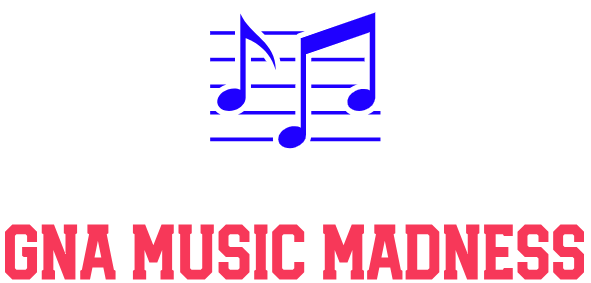The history of April Fools’ Day
April Fools Day has been celebrated for generations, with participants pulling practical jokes on one another and spreading hoaxes among friends and family to have a hefty (and annual) laugh. But is the origin of the holiday, filled to the brim with pranks and glee, known? The majority of individuals do not know where these practices originated, as their creation and history have, per se, remained unclear mysteries throughout the centuries; many speculations exist on the matter.
One of the most common explanations for the lighthearted holiday regards the transition of the Georgian calendar from the Julian calendar. Those who were not aware of the major shift celebrated the New Year on the wrong date—the original date, in the Julian calendar, was April 1. Such persons were consequently referred to as “April’s fools.”
Other theories are present in the World Wide Web, nonetheless, with some believing that the origin of the celebration lies in Geoffrey Chaucher’s 1392 book, The Cantenbury Tales. This idea is controversial, however, as, while the relevant line in the book mentions the “32 of March,” the practice of foolery and trickery is not directly discussed. Some medievalists claim that the line is a misprint.
Notwithstanding the place of origin of the holiday, individuals around the world continue to enjoy lighthearted fun on April 1 of every year, forever cementing the day in our minds as the day for good-natured foolishness and practical pranking.

My name is Kaleigh Hamm, and I am a junior at Greater Nanticoke Area High School. I am in my second year of the GNA marching band as the current color...












